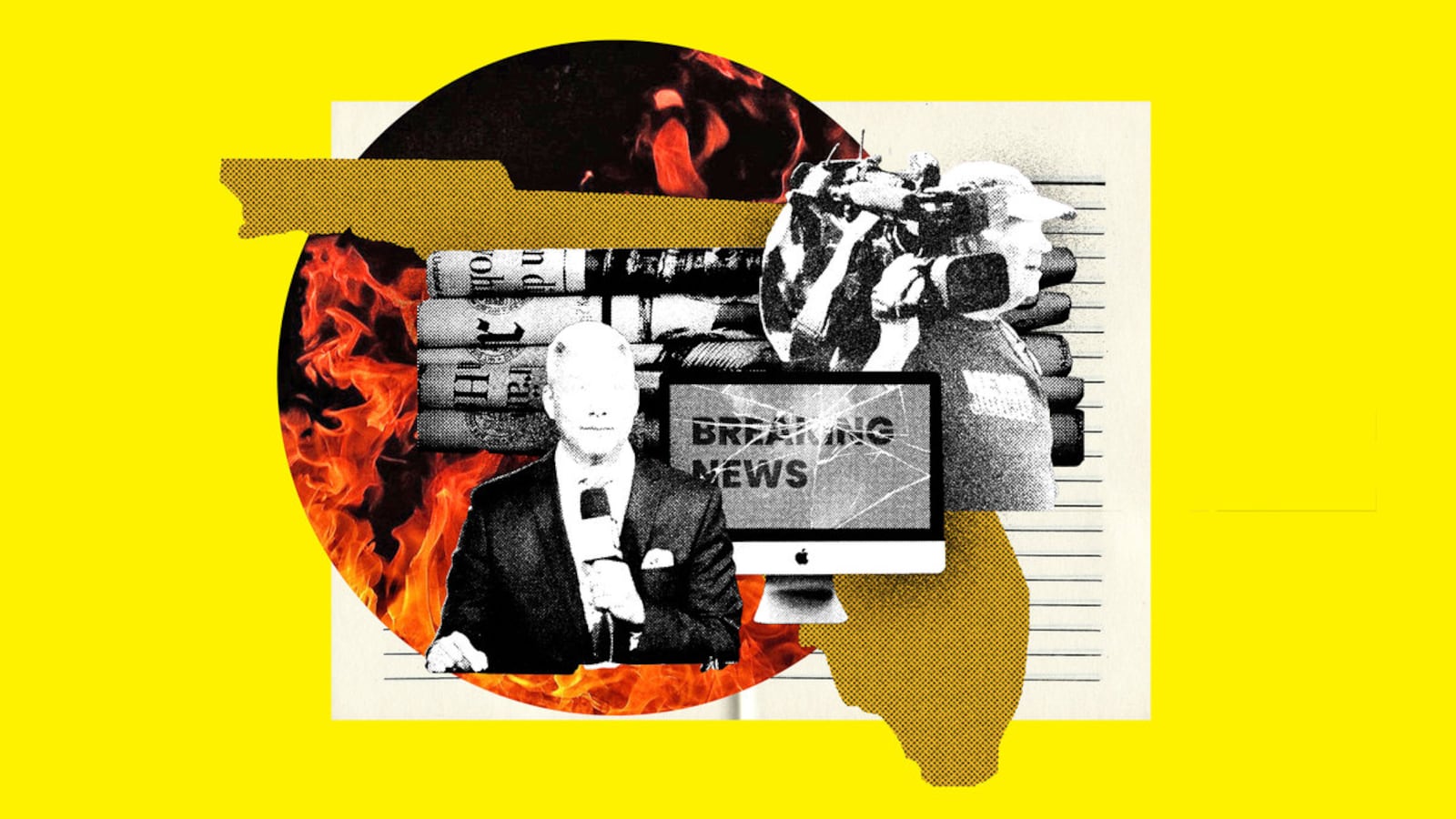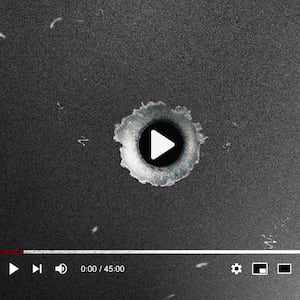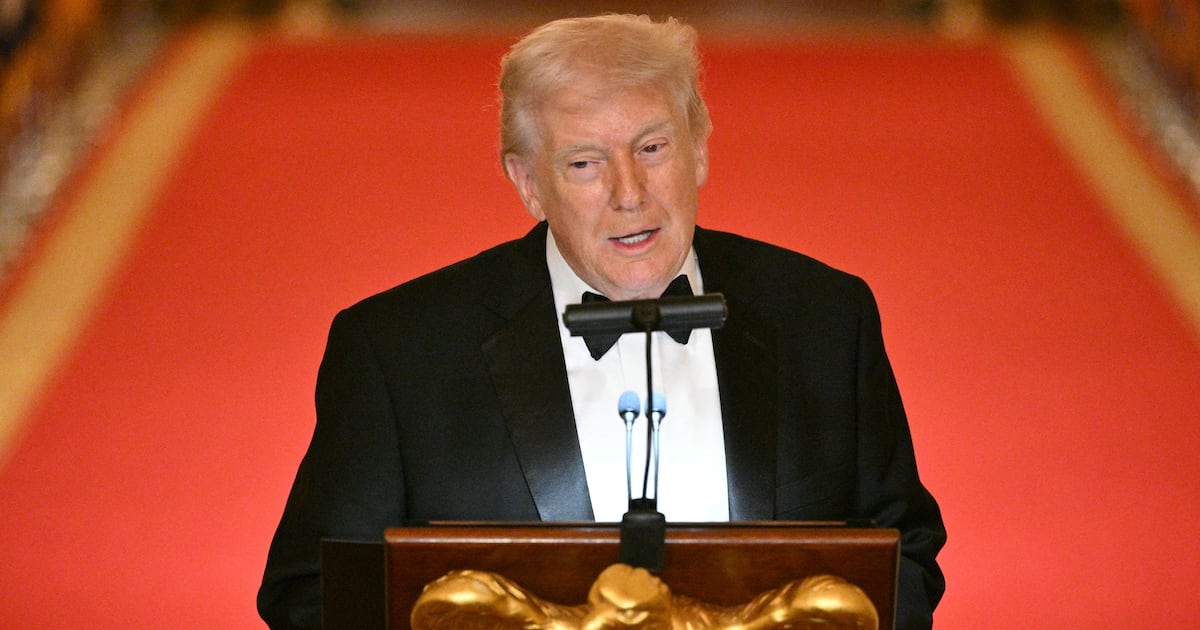Florida’s new House Bill 991 proposes a laundry list of legal changes that would make it easier for plaintiffs to bring and win defamation cases. It would also weaponize the law to allow the powerful to silence their critics.
The bill’s sponsor makes no secret that the intended target of this bill is the news media. And given the widespread public dissatisfaction with the media, this bill promises to be popular, and easily spun by politicians as a way of making the media accountable.
But it isn’t just irresponsible media actors that get hit with defamation actions. Whether we’re using Twitter, TikTok, Substack, or any other self-publishing platform, we’re all publishers now. That should make us all cautious about defamation law reforms that strongly tilt to one side.
A close look at the proposed bill shows that it is excessively lopsided in favor of plaintiffs.
H.B. 991 proposes to tinker with almost 60 years of Supreme Court precedent defining First Amendment constraints on state defamation law. Until the Supreme Court’s 1964 decision in New York Times v. Sullivan, state defamation tilted heavily toward plaintiffs, with falsity and damages presumed and no requirement of fault.
During the civil rights movement, Southern officials developed a cynical strategy of deploying defamation liability to stifle coverage of the civil rights struggle. “Outsider” newspapers and television stations were faced with an eye-popping $300 million—almost $3 billion today—in potential defamation liability.
Alabama juries and courts awarded the largest libel verdict in the state’s history against the Times. The paper’s supposed offense? Publishing a fundraising appeal that criticized Southern police for suppressing African American student protesters and arresting Dr. Martin Luther King Jr.

Alex Andrade and Mike Beltran, co-sponsors of HB 991.
Composite by The Daily Beast/Florida House of RepresentativesThe story got minor details wrong. Yet, the Alabama Supreme Court affirmed the jury’s finding that the police commissioner—who hadn’t even been identified by name in the article—had been defamed by inaccuracies regarding how many times Dr. King had been arrested (four rather than seven); where police had been positioned at a student protest; whether they padlocked a dining hall; and what song student protesters had sung (“The Star Spangled Banner” versus “My Country ’Tis of Thee.”)
In Sullivan, the Supreme Court explained that the First Amendment prevents government officials from weaponizing defamation cases to silence their critics. It held that critics of government officials can’t be held liable for defamation simply for publishing false and defamatory statements about them—unless they knew or recklessly disregarded the falsity of the reputation-damaging facts they published.
Later cases extended this fault standard, known as “actual malice,” to public figures as well—people we might today call “influencers.” The Supreme Court drew a different line for defamation victims who are not as powerful, but are nonetheless involved in matters of public concern.
These special “fault standards,” along with other constitutionally based protections, represent the court’s careful balancing of the important interests in reputation and free expression. States are free to provide more protection for free expression, but they aren’t free to provide less.
A number of the provisions in H.B. 991 seem to do just that. In practice, the bill seems custom-made to increase the legal and financial penalties for defamation defendants, while expanding the universe of possible claims that may be levied against an expanded cross-section of American media.
Not only does the statute impose “limitations on judicial determination of a public figure,” but it also redefines actual malice to require a factfinder to infer actual malice under a variety of circumstances. It treats the reporting of any statement by an anonymous source as presumptively false, and it awards plaintiffs attorneys’ fees when they prevail under the statute’s relaxed standards.
H.B. 991 also provides an opportunity for plaintiffs’ lawyers to use the courts to intimidate defendants by layering multiple claims and forcing defendants to bear greater and greater legal expenses. For example, the new bill recognizes “false light invasion of privacy”—a tort that lets someone recover damages when the media mischaracterizes their identities or actions in an offensive way. The Florida Supreme Court has largely rejected this tort (as have many other states), in part because the vagueness of that standard will surely chill speech.
Some of the bill’s provisions are likely to be held unconstitutional under current law. The bill’s sponsor has denied that a central motivation for the bill is to encourage the Supreme Court to revisit the constitutional limits on defamation actions, but since Justices Clarence Thomas and Neil Gorsuch have expressed a desire to reconsider the doctrine, this bill might give the Supreme Court the vehicle it needs.
The Florida bill—and those who would radically tilt First Amendment protections against the media and other speakers—ignores the threat that weaponized defamation suits pose not just to the media, but to us all.
Citizens in a democracy should be free to share their views—even if caustic and intemperate—on matters that affect us all. When it comes to criticism of the powerful, James Madison (and the Sullivan court) were right that we need to allow some breathing space for free speech and press, because negligent errors are inevitable.
The actual malice standard does not eliminate media liability for false statements. Changes to defamation law should come through nuanced deliberation and careful analysis of costs and benefits.
To be sure, the internet and social media have changed public discourse, and not always for the better. Hyperbole and exaggeration diffuse into every facet of public life. Speakers take advantage of social media virality to pass on hyperpartisan conspiracist ideas untethered from facts. Instead of bringing us together, our communication spaces are exacerbating tribalism.
Such social fault lines can make it tempting to punish those with whom we disagree. But making it easier for plaintiffs to weaponize defamation law is not the answer.
Weaponized defamation actions are censorship, pure and simple. It was true when the Supreme Court decided Sullivan, and it is still true now.










